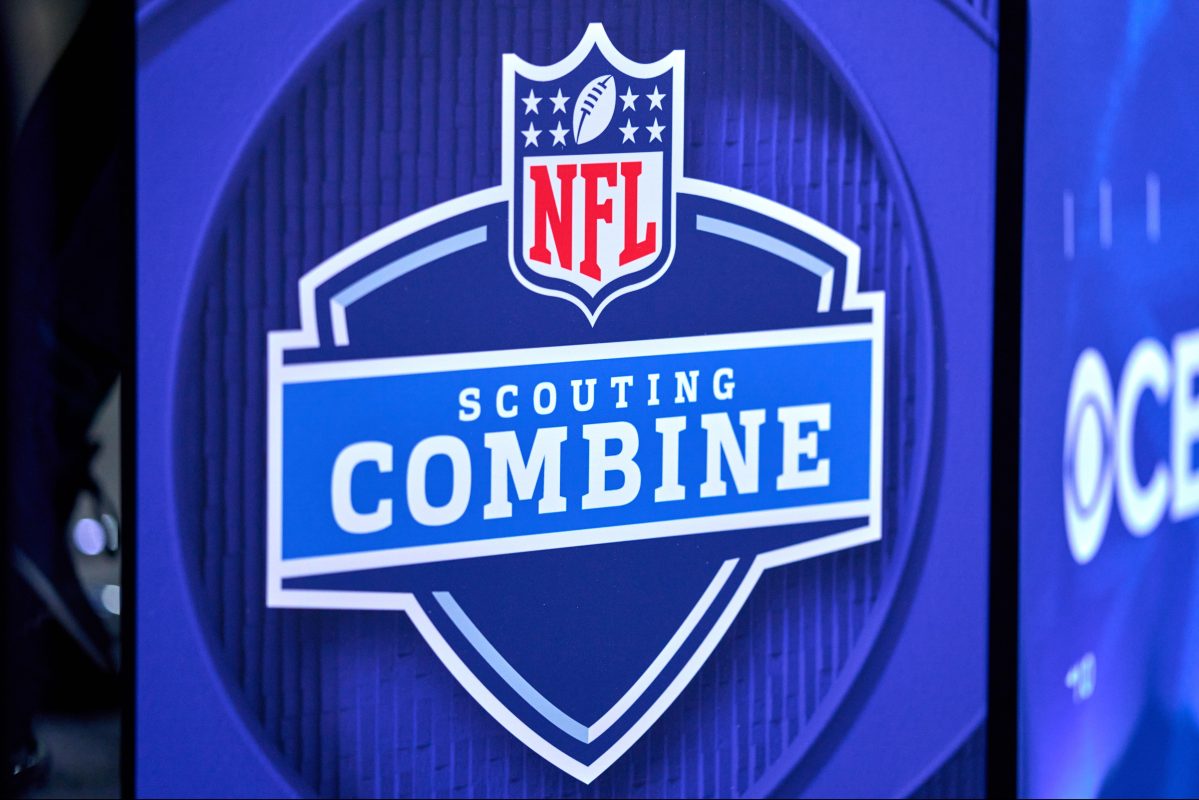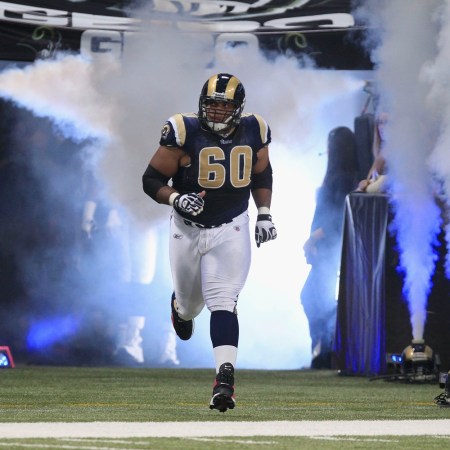Of all the players who have taken the 50-question IQ exam known as the Wonderlic that has routinely been administered to top prospects by the NFL at the league’s annual Combine before the draft since the mid-1970s, the only player who has ever scored a perfect score is Pat McInally.
McInally, who was a punter and wide receiver for the Cincinnati Bengals, is more well-known for his score on the test and being the first Harvard graduate to play in either the NFL Pro Bowl or the Super Bowl than anything he did on the field. (The 68-year-old did both during the 1981 season.)
The point of the above isn’t to take a shot McInally, but rather to point out that a high score on the Wonderlic doesn’t actually equate to a high level of performance on the football field. Additionally, there have long been concerns that the Wonderlic contains underlying racial and socioeconomic biases.
“No statistically significant correlation between a player’s Wonderlic score and his on-field performance has ever been documented,” according to The New York Times. For further evidence, consider that all-time great Tom Brady scored a 33, the same mark that all-time bum Nathan Peterman notched on the exam. Whatever the Wonderlic measures, it just ain’t that important.
The NFL has come around to the same conclusion, and the league announced in January it would stop administering the test as part of “an overall audit of all of the assessments” taken at the Combine. “Frankly, it’s been an outdated process,” said NFL executive VP of football operation Troy Vincent.
However, though the league may ban the test outright moving forward, the Wonderlic can still be administered by individual teams and some have done it, indicating there are some organizations that still place value in the exam’s results.
As Kathy Kolbe, the daughter of Wonderlic test creator Eldon Wonderlic, explained to CBS Sports in 2015, they really shouldn’t.
“I certainly value my father’s work and there are many appropriate uses for it,” Kolbe said. “I don’t think it’s a bad thing that the NFL uses it, I just don’t think it’s particularly wise. Cognitive testing has a history of being used in ways that are biased. And my father did everything he could to try to prevent that from happening, but with any cognitive test, it’s testing the level of education you’ve received. So people who have lived in a culture where they had better schools [and] more money available for tutoring score better on cognitive tests. And therefore, disadvantaged young men who come into the league might score lower, but not because they aren’t as smart. The big picture in football is not how smart you are, it’s how you use your physical and cognitive abilities out on the field. And that is an issue of action and instinct.”
Since taking the test probably won’t affect your NFL draft stock one way or the other, head here to take a full or shortened version of the exam.
Whether you’re looking to get into shape, or just get out of a funk, The Charge has got you covered. Sign up for our new wellness newsletter today.


















